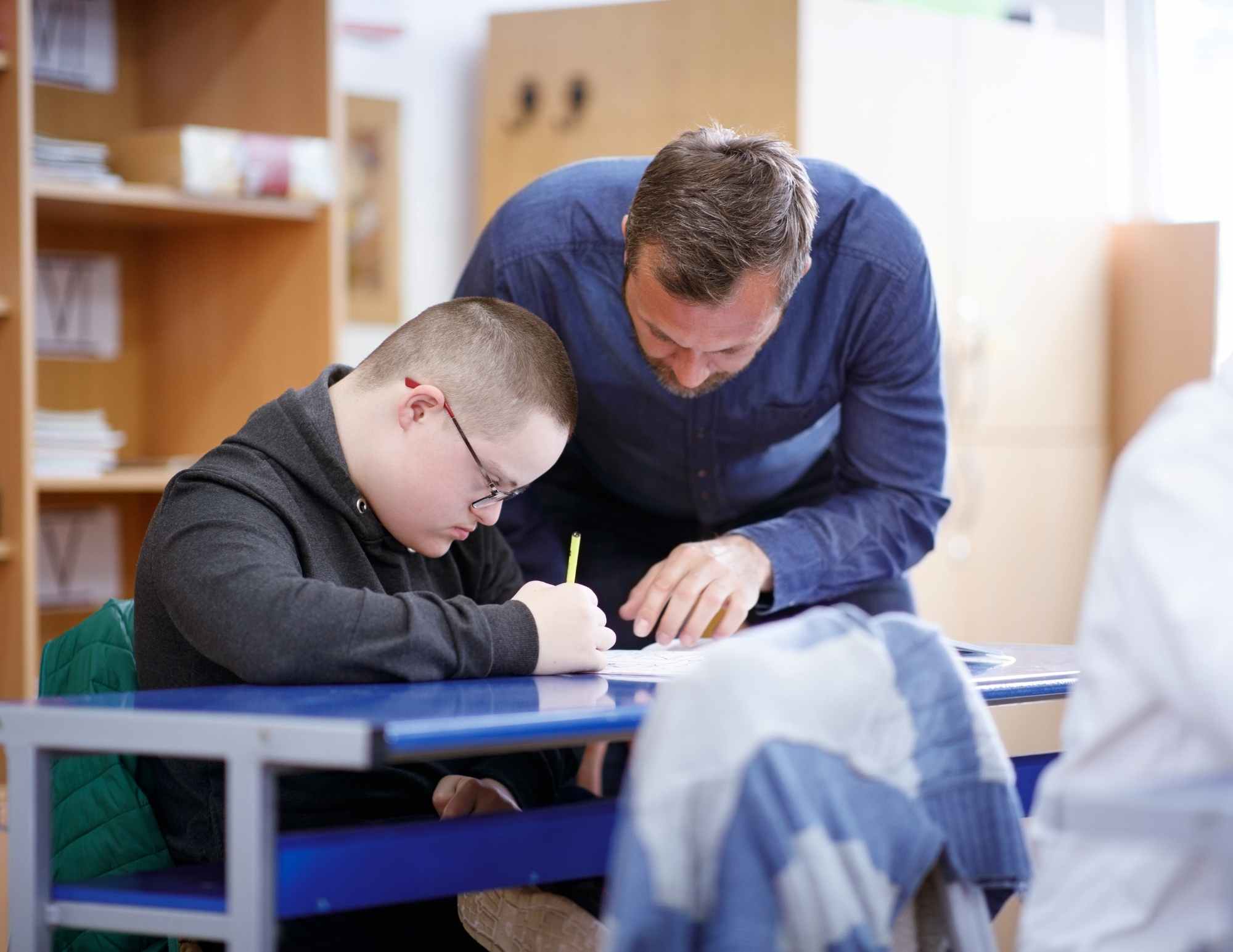
Development-Life Skills is a key service provided by Ascent Support Care designed to help individuals with disabilities develop essential skills for living independently. Our goal is to empower participants by providing them with the tools and knowledge to confidently manage daily tasks, make informed decisions, and fully participate in society. We work alongside each individual to tailor a development plan that addresses their unique needs and goals. Here’s a detailed explanation of what Development-Life Skills involves:
1. Personal Care Skills:
Personal care is an essential component of independent living. Our life skills development program focuses on teaching participants how to maintain proper hygiene, dress themselves, and manage daily self-care routines. This includes:
Bathing and grooming: Learning how to bathe independently and groom oneself, including tasks such as shaving, hair care, and nail care.
Dressing: Understanding how to choose appropriate clothing and dressing independently, including putting on clothes and managing laundry tasks.
Health and wellness: Gaining knowledge about maintaining good physical and mental health, including managing medication schedules, meal planning, and recognizing signs of illness.
2. Budgeting and Financial Management:
Financial independence is a major part of living autonomously. We teach participants how to manage their finances effectively, helping them build skills in:
Setting a budget: Learning how to track income and expenses, and understanding the importance of budgeting to ensure financial stability.
Managing bills and payments: Teaching participants how to pay bills on time, manage utilities, and use online banking tools or apps.
Saving and prioritizing: Understanding how to set financial goals, save money, and prioritize essential purchases over non-essential items.
3. Cooking and Meal Preparation:
Cooking is an essential skill for independent living, and our program focuses on building participants’ ability to prepare simple, healthy, and nutritious meals. This includes:
Meal planning: Teaching how to plan meals based on nutritional needs and budget constraints, including creating shopping lists.
Cooking basics: Introducing basic cooking techniques, such as boiling, frying, baking, and using kitchen appliances safely.
Food safety: Educating participants about food storage, safe food handling, and hygiene practices in the kitchen.
Special dietary needs: Providing support for those who may have specific dietary restrictions, teaching how to prepare meals that meet their individual health requirements.
4. Time Management and Organization:
Effective time management is crucial for leading an independent and fulfilling life. Our program focuses on developing skills to help individuals organize their time and complete tasks efficiently:
Creating routines: Helping participants establish daily routines that include personal care, household tasks, social activities, and work or educational commitments.
Prioritizing tasks: Teaching how to recognize important tasks and focus on completing them first, using tools such as to-do lists, calendars, and reminders.
Goal setting: Encouraging participants to set short-term and long-term goals and develop the skills to break them down into manageable steps.
Time budgeting: Helping individuals manage time for both essential activities and leisure, ensuring a healthy work-life balance.
5. Social Skills and Communication:
Developing strong social skills and the ability to communicate effectively is essential for building relationships, maintaining employment, and participating fully in the community. We focus on:
Building friendships: Helping participants develop the skills needed to interact with peers, make new friends, and form meaningful relationships.
Conflict resolution: Teaching strategies for resolving conflicts in a calm, constructive manner, both in personal and professional settings.
Communication skills: Developing both verbal and non-verbal communication, including listening skills, body language, and self-expression.
Social cues: Understanding and interpreting social cues, such as body language and tone of voice, to improve interactions with others.
6. Household and Domestic Skills:
In addition to personal care, participants learn how to manage their home and keep it organized and clean. This includes:
Cleaning and organizing: Teaching participants how to complete household chores such as vacuuming, dusting, washing dishes, and maintaining an organized living space.
Laundry: Learning how to wash clothes, fold them, and manage a laundry routine, as well as understanding the care instructions for different types of fabrics.
Maintaining a safe home: Teaching safety precautions, such as checking smoke detectors, using electrical appliances properly, and managing hazardous materials in the home.
7. Community and Social Participation:
Being an active part of the community is essential for mental and emotional well-being. Our life skills program encourages participation in:
Volunteering: Gaining experience through volunteering opportunities that help build a sense of purpose and belonging.
Social outings: Learning how to organize and participate in community activities, such as attending events, visiting parks, or going to social clubs.
Navigating public spaces: Developing the skills to travel independently within the community, including using public transport, navigating streets safely, and participating in local activities.
8. Employment Readiness:
For those seeking employment, we provide support in developing skills that will make them job-ready. This includes:
Job search skills: Learning how to search for job opportunities, write resumes, and prepare for job interviews.
Workplace behavior: Understanding the expectations of a work environment, including punctuality, professionalism, and teamwork.
On-the-job support: Helping individuals adjust to the workplace by providing initial guidance and ongoing support once they secure a job.
9. Emotional and Mental Well-being:
Building emotional resilience and mental well-being is also an essential part of our life skills development program:
Stress management: Teaching techniques to cope with stress, anxiety, and challenging situations, using relaxation and mindfulness strategies.
Self-esteem and confidence: Encouraging participants to build self-confidence and develop a positive self-image through affirmation and goal setting.
Coping strategies: Developing strategies to deal with emotions and challenging life situations, helping individuals remain resilient and independent.